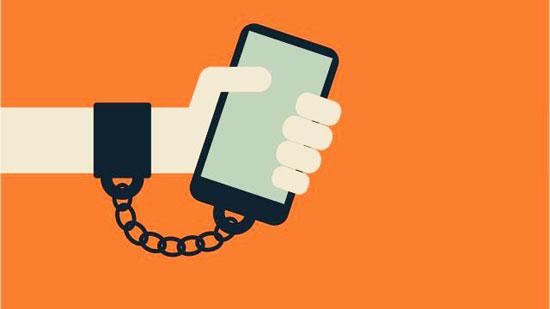Signs of smartphone addiction and tips for a ‘screen detox’
Americans look at their phones 80 times a day on average, which is equivalent to one look very 12 minutes, according to a study by technology insurance provider Asurion, released in November 2017. This type of research has caused an increasing amount of concern regarding the issue of smartphone addiction.

Smartphones have been developed to have a wide variety of functions using high-resolution touch screens, browsers that can properly display web pages, and high-speed data access via WiFi and mobile broadband. This has made life convenient for the modern smartphone user; however, some people have become prone to smartphone and internet addiction as their use grows ever more intensive.
Stanford University psychiatrist Dr. Anna Lembke said it is essential for smartphone users to know when a person is manifesting signs of addiction toward smartphone use:
• Using the phone longer than you intended;
• Feeling uncomfortable when not on your phone;
• Negatively affecting your personal relationships;
• Using the smartphone during inappropriate situations or in inappropriate places;
• Neglecting to do other things because you’re on your phone;
• Using your phone as a security blanket during uncomfortable situations. It can be convenient to escape into your phone during awkward situations… However, this move is indicative of addiction.
Ways you can detox from your device
• Take a “holiday” from your smartphone. Dr. Lembke suggests allotting a certain time every week for the non-use of your smartphone.
• Decide on areas where you cannot use your smartphone. Instituting rules on smartphone use is a simple way to fight smartphone addiction. An example of such rules is refusing to use your smartphone in the bathroom or at the dining table.
• Use the grayscale phone setting. An unconventional method that Dr. Lembke suggests is to put the setting of the smartphone to grayscale to make the display less stimulating.
• Turn off notifications. Alerts and notifications make a person excited to use their smartphone, according to Dr. David Greenfield, a psychologist and founder of the Center for Internet and Technology Addiction. This is because each time a phone pings to signal that it has received a new message, the brain releases dopamine, a chemical in the body that is associated with pleasure.
yogaesoteric
May 22, 2019
